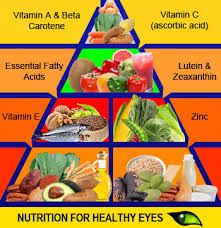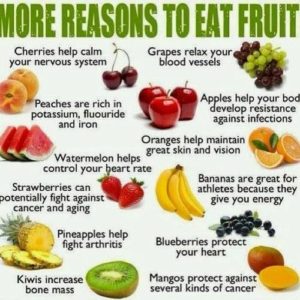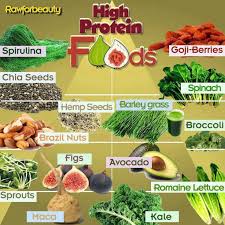Some foods have more than their great taste but also healthy vitamins, minerals, and disease-fighting nutrients. Pack your meals adding this range of wholesome choices to your diet.
1.) Alfalfa sprouts – you can add them to your salad, fruits, lean meats, even for you vegetarians to your veggie or bean burger. You be creative and try alfalfa sprouts to many of your lunch and dinner meals.
2.) Apples are the richest fruit source of pectin, a soluble fiber that has been shown to lower blood pressure, reduce cholesterol, decrease the risk of colon and breast cancers, and maybe even lessen the severity of diabetes. Try throwing a few slices on your sandwich or toss with your salads adding toasted pecans/walnuts or whatever nuts you love, and have a light vinaigrette for a delicious salad (one of my favorite is raspberry flavored). With so many varieties available, you’ll never get bored finding new ways to have apples to your daily diet.
3.) Avocados Just one half of a medium-size avocado contains more than 4 grams of fiber and 15% of your recommended daily folate intake. Cholesterol-free and rich in monounsaturated fats and potassium, avocados are also a powerhouse for heart health. Avocados can be the base for a creamy homemade sandwich spread, or add a few chunks to your favorite salsa for a simple and delicious way to dress up grilled chicken or fish. Beets are loaded with antioxidants and have been found to protect against cancer, heart disease, and inflammation. Naturally sweet and full of fiber and vitamin C, beets make a delicious and nutrient-packed addition to any meal. 4.) Beets give a try as finely grated raw beets in your salads or roast them along with sweet potatoes and parsnips for a colorful and flavorful side-dish—just remember if you boil them it will decrease their nutritional value. And don’t forget about the leafy green tops, which are rich in iron and folate, and can be prepared much like their cousins, Swiss chard and spinach
5.) Cranberries great for protecting against urinary tract infections, but did you also know they may improve blood cholesterol and aid in recovery from strokes? Cranberry juice has also been shown to make cancer drugs more potent. Remember, the available frozen year-round, enjoy these tart and tangy berries fresh during their peak season which is from October through December.
6.) Papayas-Trying to get more vitamin C in your diet? One cup of papaya cubes supplies more than 100% of your daily requirement, as well as a hefty dose of potassium and folate. It is also a good source of vitamins A and E, two powerful antioxidants that protect against heart disease and colon cancer. Savor the rich, and enjoy a buttery flesh of this tropical fruit in smoothies and salads, or simply scoop it out of the shell with a spoon.
7.) Quinoa-Is a packed with a variety of nutrients, including iron and copper, this has been known as the ancient seed “the mother of all grains.” Quinoa contains all the essential amino acids, making it a complete protein (perfect for vegans and vegetarians). It is also a great source of magnesium, which relaxes blood vessels and has been found to reduce the frequency of migraines. Researchers have found that consuming dietary fiber, specifically from whole-grain products such as quinoa, reduces the risk of high blood pressure and heart attack. Keep your engine of the body=THE HEART in top shape by substituting quinoa for rice or pasta in your next meal. It makes a great base for seafood dishes and mixes well with beans.
8.) Raspberries-The tart, sweet, and incredibly juicy fruit. Have one half cup of these berries provides a whopping 4 grams of fiber and more than 25% of the daily recommended intake for both vitamin C and manganese. Raspberries also contain a powerful arsenal of antioxidants, including members of the anthocyanin family, which give raspberries their ruby-red hue and antimicrobial properties. I enjoy them in my salad or raw in my hand, after washing them but try a few berries with your morning cereal if you want.
9.) Spinach-Powerful antioxidants in spinach have been found to combat a variety of cancers, including ovarian, breast, and colon cancers. And it’s good for the noggin: Research indicates that spinach reduces the decline in brain function associated with aging and protects the heart from cardiovascular disease. Although it contains relatively high amounts of iron and calcium, oxalate compounds bind to these minerals and diminish their absorption. This vegetable has a mild flavor, so I spice it up with garlic, or you can try olive oil, and onions.


